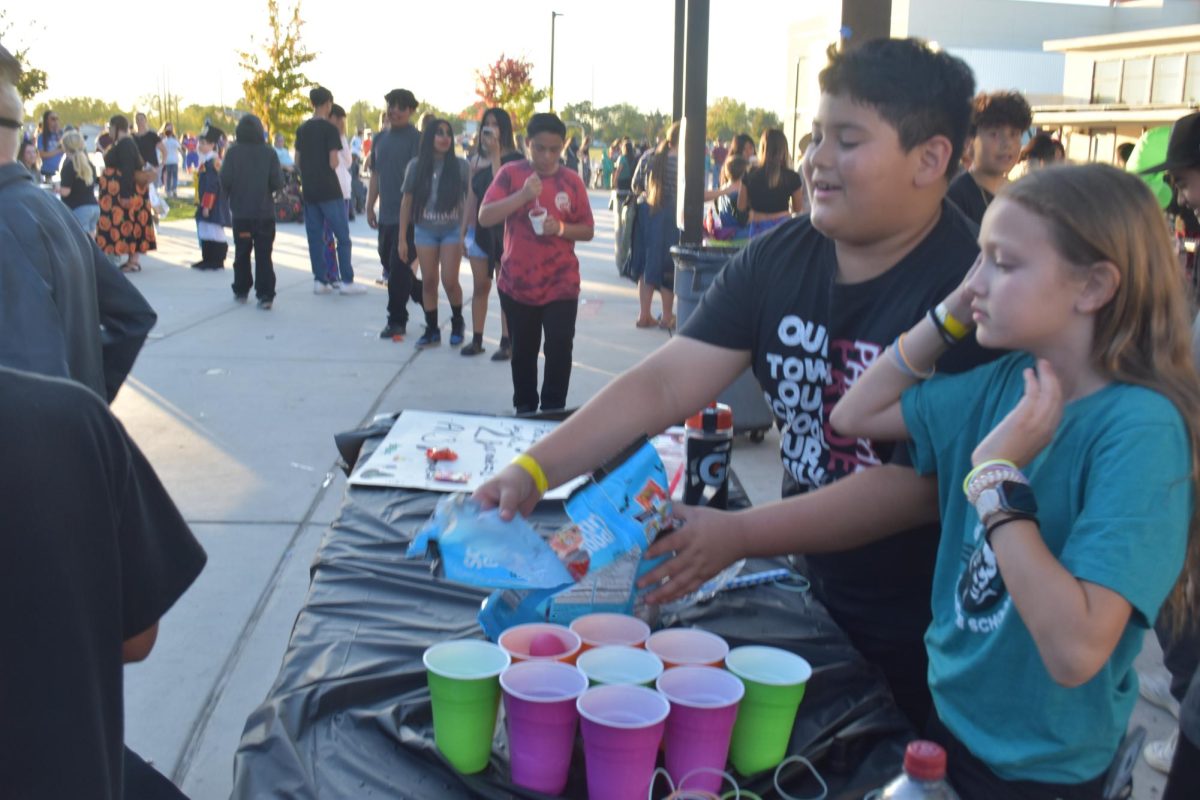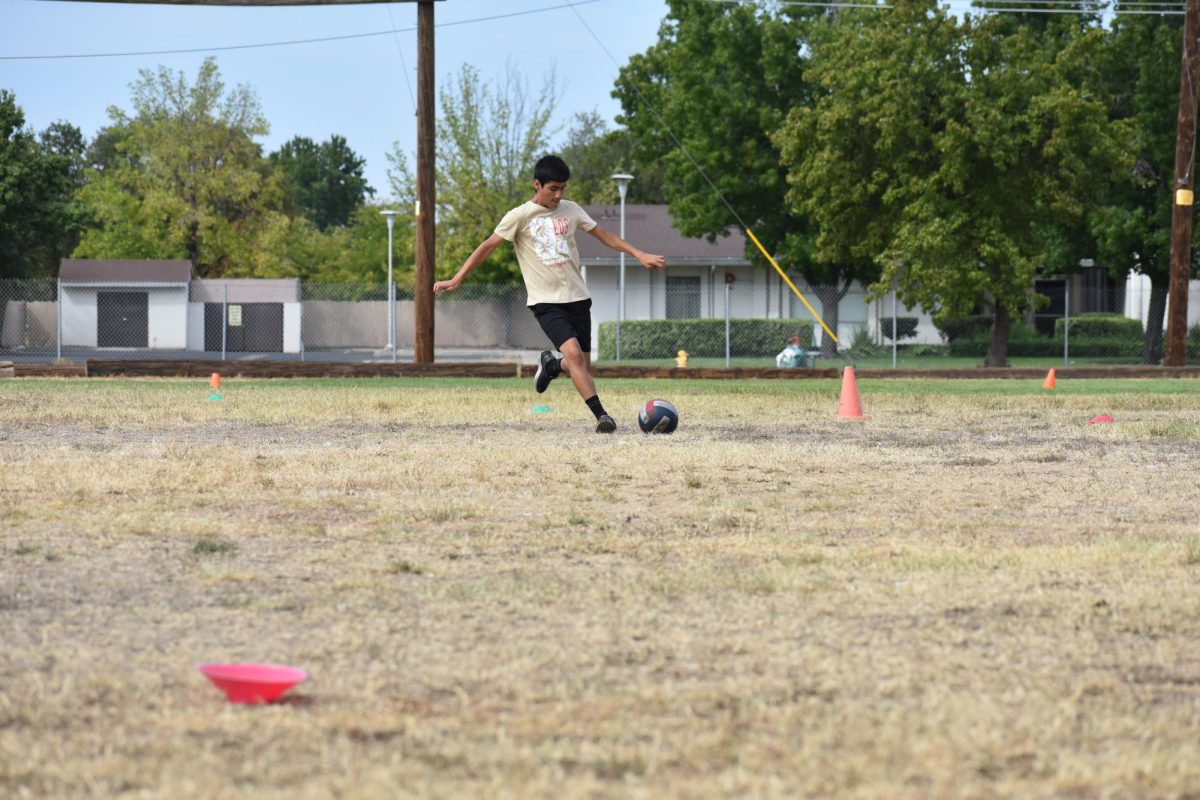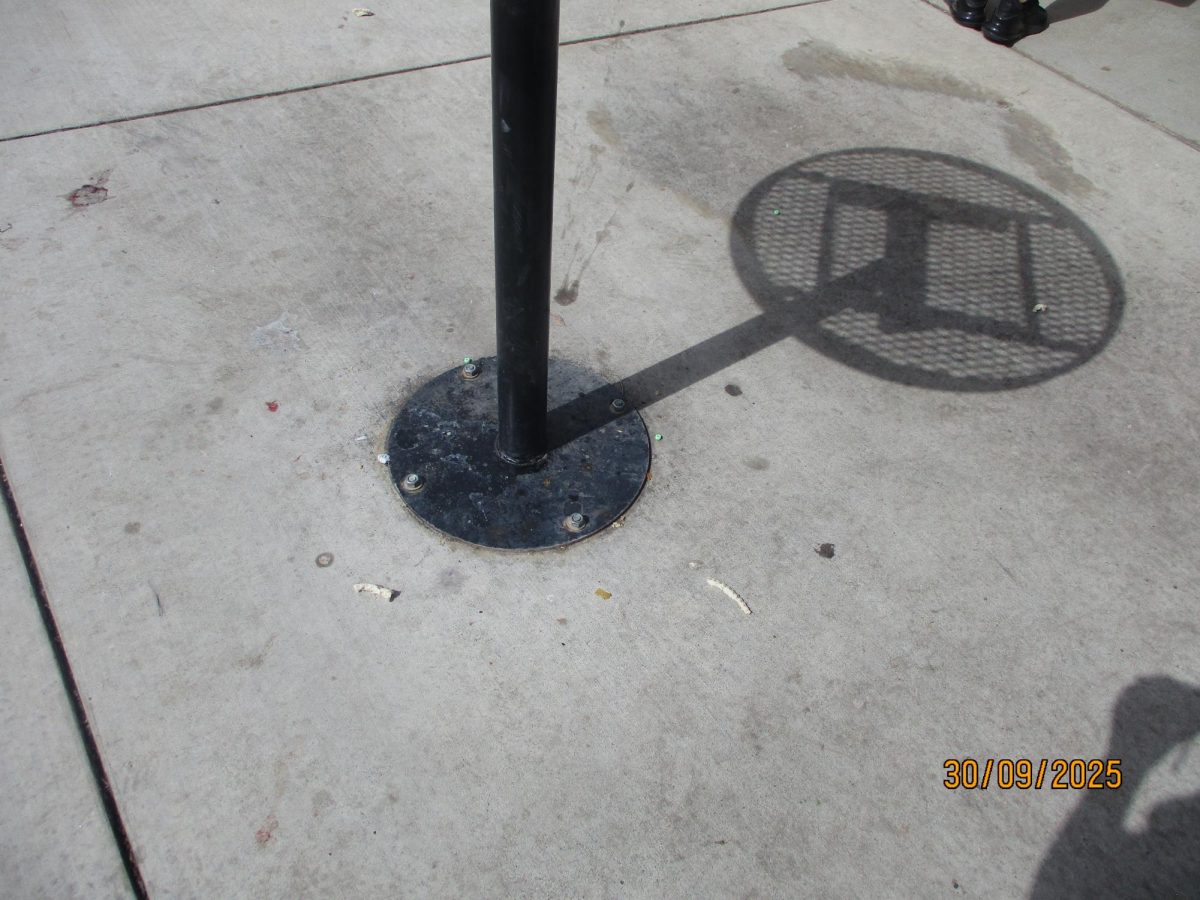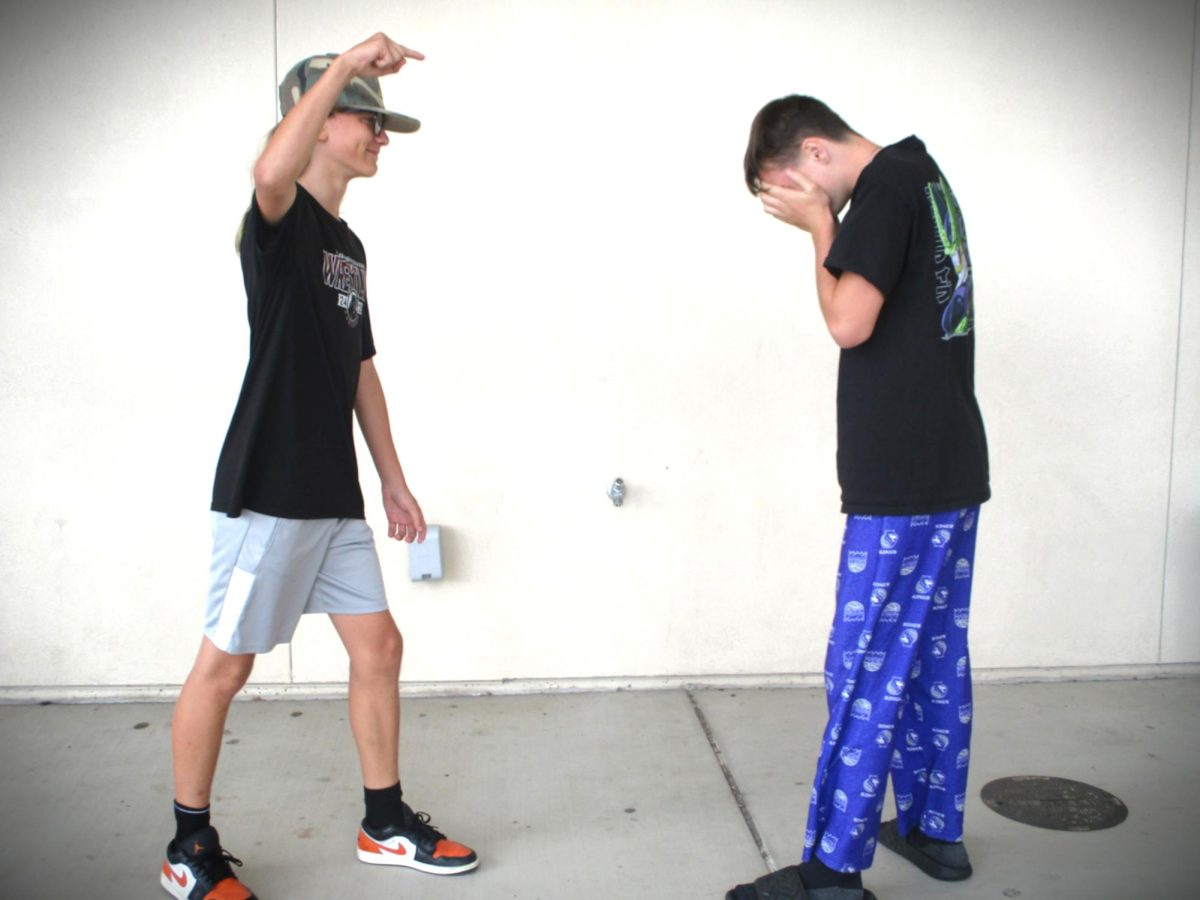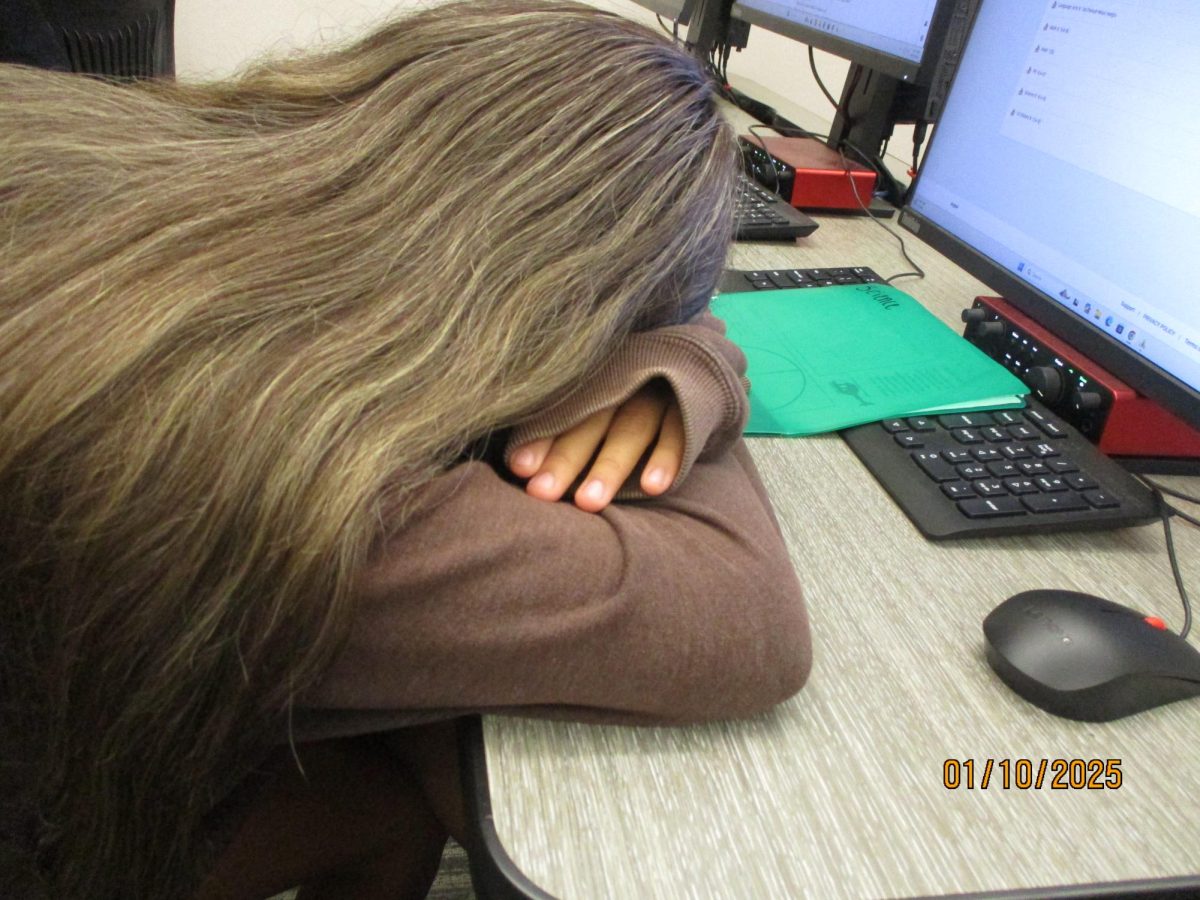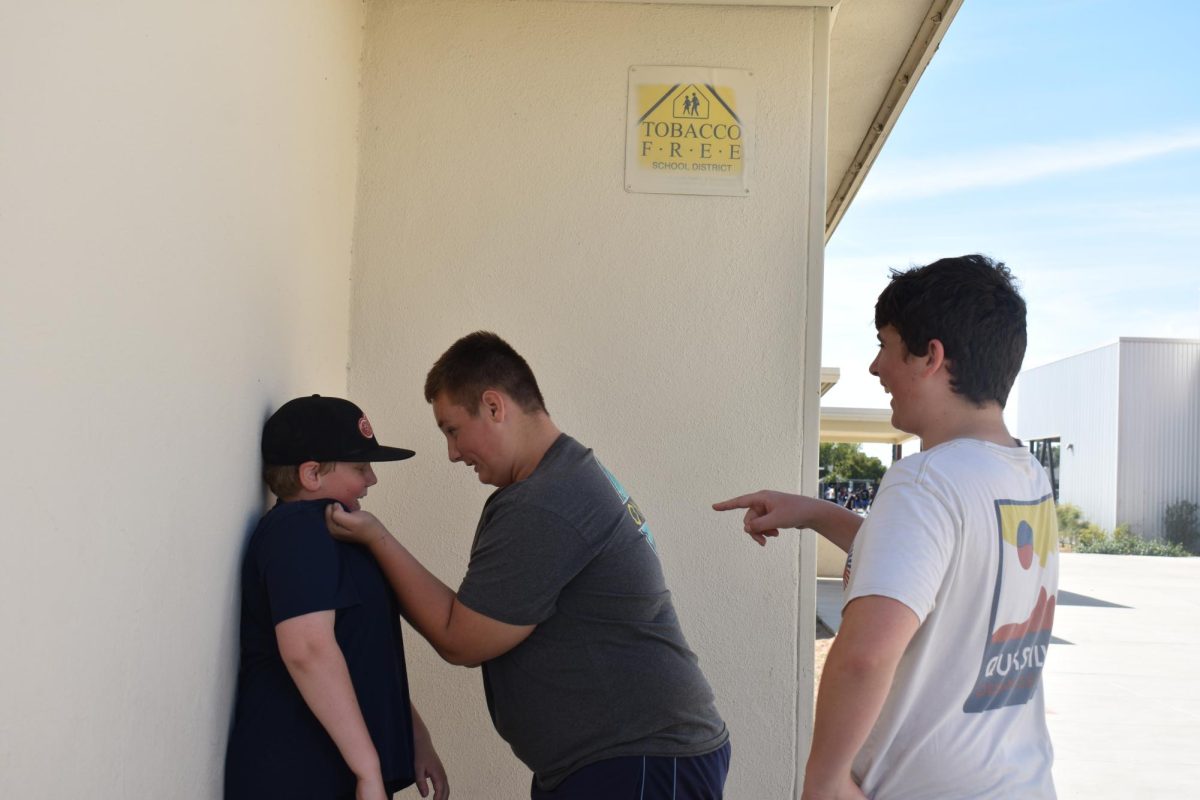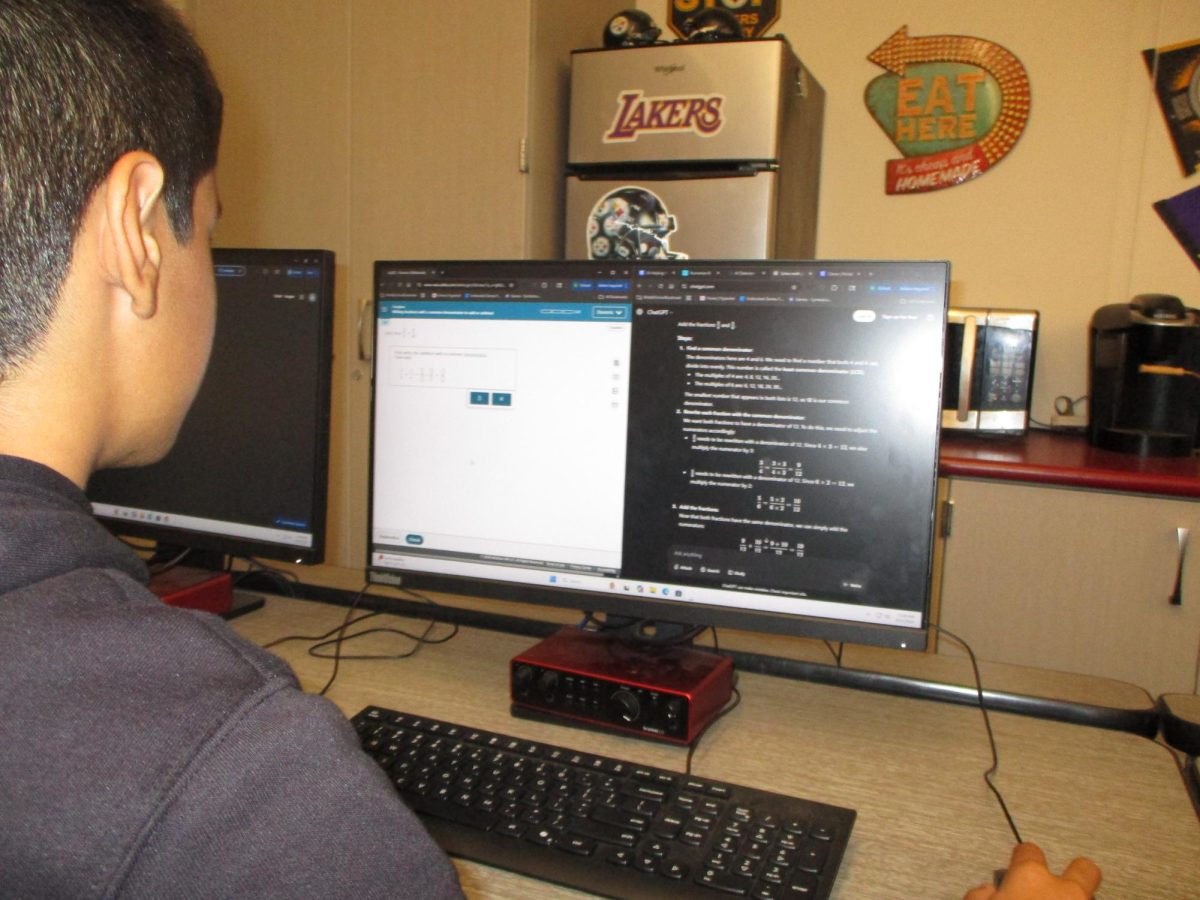Bullying Does Not Build Character
Many people believe that bullying helps build character, but I want to show that bullying is not a way to build character—it’s harmful and can have long-lasting negative effects.
The Growing Problem of Bullying
Recent studies show that about 20% to 30% of students experience bullying, and the problem is getting worse in recent years. Many students who are bullied report it to principals or other adults, but unfortunately, in many cases, these adults either ignore the problem or do very little to stop it. In another study, about 15% of bullying victims reported skipping school because of the bullying they were facing.
The Serious Effects of Bullying
Bullying can have serious consequences on a student’s mental health. The most common issue is depression, which affects 51.3% of students who are bullied. Around 27% of victims also report conflicts with their parents. Some students even struggle with suicidal thoughts or attempt suicide due to the emotional toll of bullying. About 8.1% of bullying victims try to take their own lives because they feel hopeless or helpless. This shows just how deeply bullying affects students.
Why Do People Bully?
To understand bullying, we need to look at the reasons why people bully others. People might bully someone because of their appearance, behavior, race, religion, social status, or sexual identity. Sometimes, bullies target others to feel more powerful or in control, or because they want to fit in with a certain group.
Types of Bullying
Bullying can take many forms. Here are the main types of bullying:
- Verbal Bullying – Verbal bullying involves using words to hurt or insult someone. It can include name-calling, teasing, or taunting. I’ve personally dealt with verbal bullying, and I know how painful it can be. Sometimes, teachers or adults try to stop the bullying, but it still continues.
- Physical Bullying – Physical bullying is when someone uses physical force to hurt or harm another person. This could include hitting, pushing, or tripping someone. Physical bullying is one of the most extreme types because it can cause both physical injuries and emotional harm.
- Psychological Bullying – Psychological bullying is a form of bullying that targets a person’s emotions. It can include spreading rumors, gossiping, or purposely excluding someone from a group. This kind of bullying is harder to spot but can be just as damaging.
- Manipulation – Manipulation is another form of bullying that is often overlooked. It might seem like harmless teasing, but it’s a way for the bully to control or manipulate the victim. Bullies might use guilt-tripping, threats, or anger to make the victim feel bad about themselves or to get them to do what they want. Manipulation is hard to recognize because it can look like simple joking, but it’s a serious issue.
Signs That Someone Is Being Bullied
Not all signs of bullying are obvious, so it’s important to know what to look for. Here are some non-obvious signs that someone might be bullied:
- Avoiding Friends or Family – If a person suddenly stops hanging out with their friends or even family, it could be a sign they are being bullied. Sometimes, bullies try to isolate their victims and make them feel uncomfortable around people they trust.
- Declining Grades – If a student who normally gets good grades suddenly starts failing or slipping in their schoolwork, it might be because they are being bullied. Victims of bullying often become so emotionally stressed or anxious that they struggle to focus on their studies.
- Sleeping Problems or Changes in Appearance – Victims of bullying may have trouble sleeping due to anxiety. They might also change their appearance, such as dressing differently or trying to blend in, in an attempt to avoid drawing attention to themselves.
Why Do People Bully?
You might be wondering: why do people bully others? There isn’t just one reason, but studies suggest that bullying often happens because it can make the bully feel powerful or in control. Bullying can also be a way for someone to fit in with a group or establish dominance over others. Bullying can start at a young age, especially if a child doesn’t get enough support at home or doesn’t face consequences for their actions. Some kids bully others to feel better about themselves or to boost their own sense of importance.
Conclusion
In conclusion, bullying is not a way to build character. It causes emotional harm and can affect a person’s mental health for years. Instead of encouraging bullying, we should focus on helping people feel safe, valued, and respected. We all have a role in stopping bullying—by standing up for those who are bullied, reporting it when we see it, and showing kindness and support to others.

